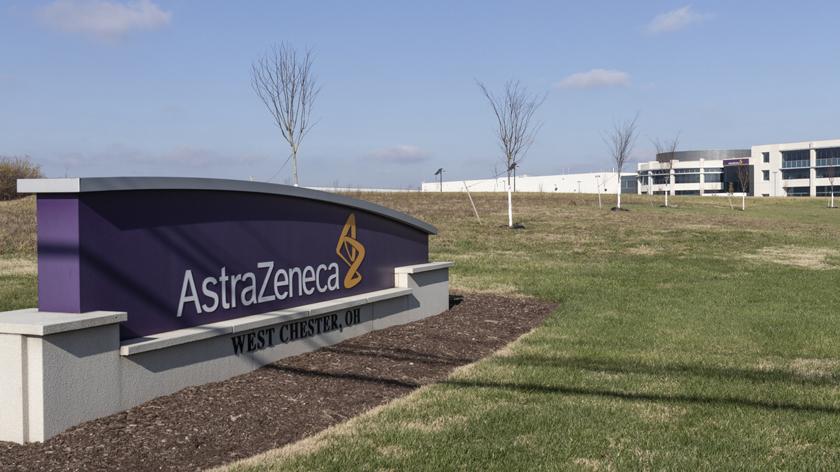AZ drops IL-23 drug for inflammatory bowel disease

AstraZeneca has taken a look at the competition emerging in the market for inflammatory bowel disease (IBD) therapies, and decided to shelve a project that had advanced into late-stage testing.
The casualty is brazikumab, an anti-IL-23 antibody that was being investigated in the phase 2b/3 INTREPID trial in Crohn’s disease and the phase 2 EXPEDITION study in ulcerative colitis. Both studies have been discontinued, along with their respective open-label extension trials.
At the moment, the leading IL-23-targeting drug for IBD is Johnson & Johnson’s $10 billion-a-year blockbuster Stelara (ustekinumab), which also targets IL-12 and is approved for a long list of inflammatory indications, including ulcerative colitis and Crohn’s.
J&J is also developing IL-23-selective follow-up Tremfya (guselkumab) for IBD, while AbbVie recently claimed FDA approval for Skyrizi (risankizumab) in Crohn’s and ulcerative colitis and Eli Lilly’s mirikizumab was approved in Japan for ulcerative colitis and recommended for approval in Europe. However, Lilly’s drug was rejected by the FDA for that indication in April.
All those IL-23-directed biologics face competition from cheaper biosimilars of older TNF inhibitor therapies. Meanwhile, a new generation of orally-active therapies is also emerging.
Bristol-Myers Squibb’s S1P therapy Zeposia (ozanimod) and AbbVie’s JAK inhibitor Rinvoq (upadacitinib) are already FDA-approved for ulcerative colitis, while Pfizer/Arena Pharma’s etrasimod has been filed, and BMS’ TYK2 inhibitor Sotyktu (deucravacitinib) is in clinical development for that indication.
AZ said its decision was based on “a recent review of brazikumab’s development timeline and the context of a competitive landscape that has continued to evolve,” adding that development of the drug had been “impacted by delays that could not be mitigated following global events.”
The drugmaker claimed ownership of the drug in 2020 as a result of the merger of AbbVie with Allergan, which were both developing IL-23 drugs for IBD, after the US Federal Trade Commission (FTC) ruled that the combined company would have too dominant a position in the category.
AZ actually licensed brazikumab to Allergan in 2016 in a deal valued at around $1.5 billion, including $250 million upfront. As a results of the FTC’s decision, it regained rights to the drug and was being paid by AbbVie to develop the product and bring it to market, with royalties due to Amgen – which helped discover the drug alongside AZ’s Medimmune subsidiary – if it reached the market. That funding will now cease, said AZ.













